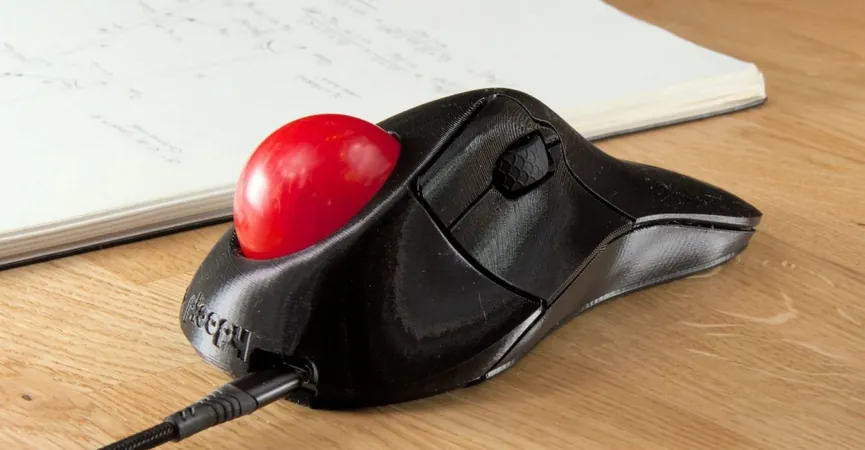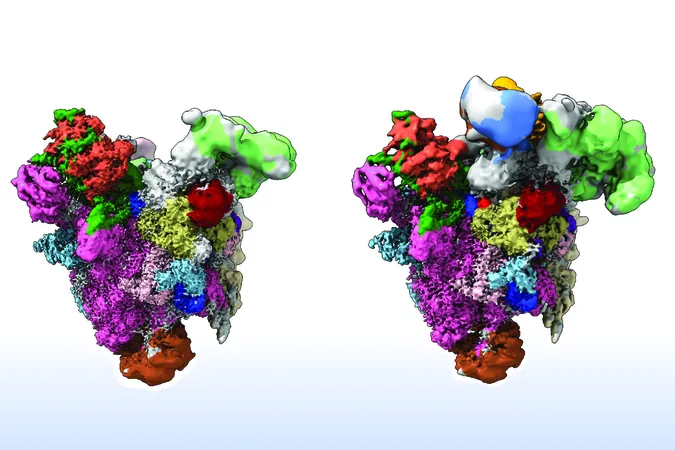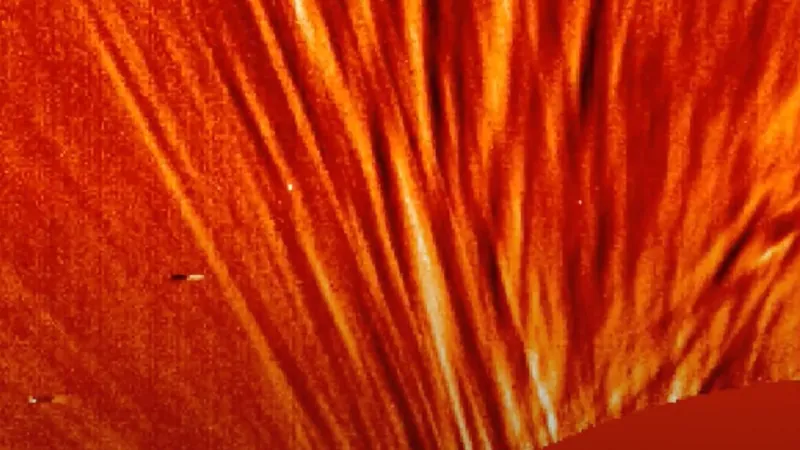
Shocking Breakthrough: Infants Remember More Than We Ever Understood!
2025-03-23
Author: Arjun
Groundbreaking Study Challenges Infant Memory Beliefs
A groundbreaking study published on Thursday in Science has challenged long-held beliefs about the memory capabilities of infants, suggesting that our littlest ones may remember more than we previously thought. Often overshadowed by the phenomenon known as infantile amnesia—the inability of adults to recall events from early childhood—this innovative research shines a light on how memories form in the earliest years of life.
Expert Insights on Memory Development
Nick Turk-Browne, a psychology professor at Yale and the study’s lead author, expressed his long-standing fascination with the memory void that many people experience during their formative years. He highlighted that around the age of one, children exhibit remarkable learning abilities—acquiring language, mastering walking, and forming social connections—yet they have little to no conscious memory of these milestones.
Historical Perspectives on Infantile Amnesia
Historically, figures such as Sigmund Freud alleged that these early memories are repressed in the subconscious. However, modern neuroscience attributes much of the inability to access these infant memories to the incomplete development of the hippocampus, a brain region crucial for episodic memory.
Innovative Research Methods
Turk-Browne's research team, intrigued by previous studies suggesting that infants display memory through prolonged gaze towards familiar objects, employed a novel approach to track memory formation. They adapted techniques from prior behavioral studies and incorporated familiar items like pacifiers and stuffed toys, alongside vibrant, psychedelic patterns to engage the infants during brain imaging sessions.
Key Findings and Their Significance
Despite the challenges of keeping infants still—who are notoriously squirmy—Turk-Browne's team conducted hundreds of scanning sessions involving 26 infants, divided into two groups (those under one year and those over). Each infant participated in a memory task where they viewed a series of images, later being shown a mix of familiar and new images. The amount of time the infants spent looking at familiar images served as a measure of their memory retention. Results indicated significant brain activity in the hippocampus during successful memory encoding, especially among infants over one year old. This aligns with the hypothesis that memory formation capabilities start developing around this critical age, as evidenced by increased hippocampal activity correlating with better performance in memory tasks.
Implications for Future Research
The implications of this research are profound, bringing to light the unresolved mysteries surrounding the fate of early memories. Researchers are now pondering whether these early experiences are never fully transferred into long-term memory storage or if they exist but remain inaccessible as children grow. Turk-Browne is spearheading new research exploring whether toddlers can recognize video clips of themselves from their infant days, with early findings indicating that such memories might survive until around age three before gradually dissipating.
Conclusion and Future Directions
As Turk-Browne continues to investigate these early memory processes, the scientific community eagerly anticipates whether future studies will reveal how fragments of our earliest life experiences could be reactivated later in life. Stay tuned, as this provocative research flips our understanding of infant memory on its head, leading us to question what other mysteries of the mind are yet to be uncovered!




 Brasil (PT)
Brasil (PT)
 Canada (EN)
Canada (EN)
 Chile (ES)
Chile (ES)
 Česko (CS)
Česko (CS)
 대한민국 (KO)
대한민국 (KO)
 España (ES)
España (ES)
 France (FR)
France (FR)
 Hong Kong (EN)
Hong Kong (EN)
 Italia (IT)
Italia (IT)
 日本 (JA)
日本 (JA)
 Magyarország (HU)
Magyarország (HU)
 Norge (NO)
Norge (NO)
 Polska (PL)
Polska (PL)
 Schweiz (DE)
Schweiz (DE)
 Singapore (EN)
Singapore (EN)
 Sverige (SV)
Sverige (SV)
 Suomi (FI)
Suomi (FI)
 Türkiye (TR)
Türkiye (TR)
 الإمارات العربية المتحدة (AR)
الإمارات العربية المتحدة (AR)